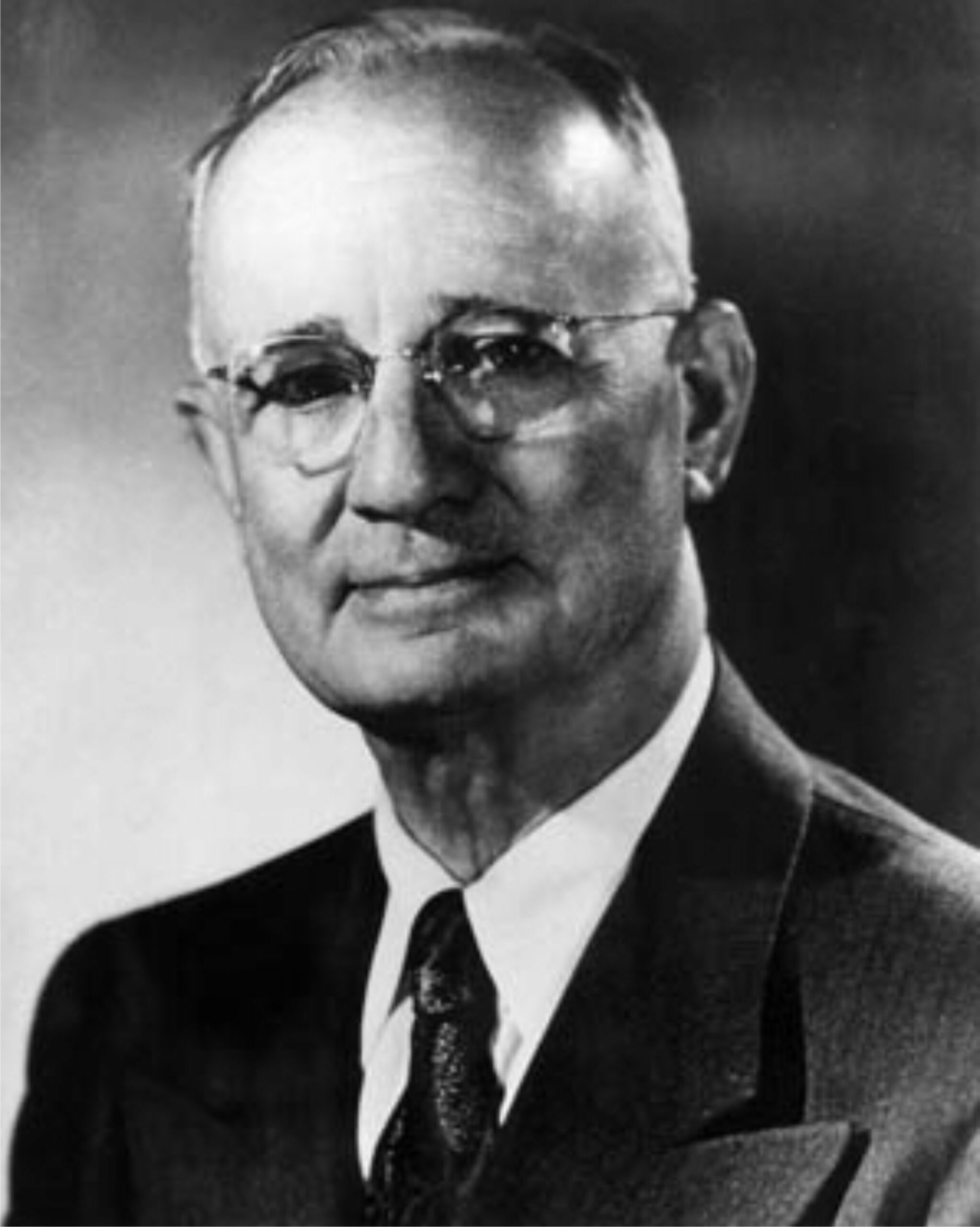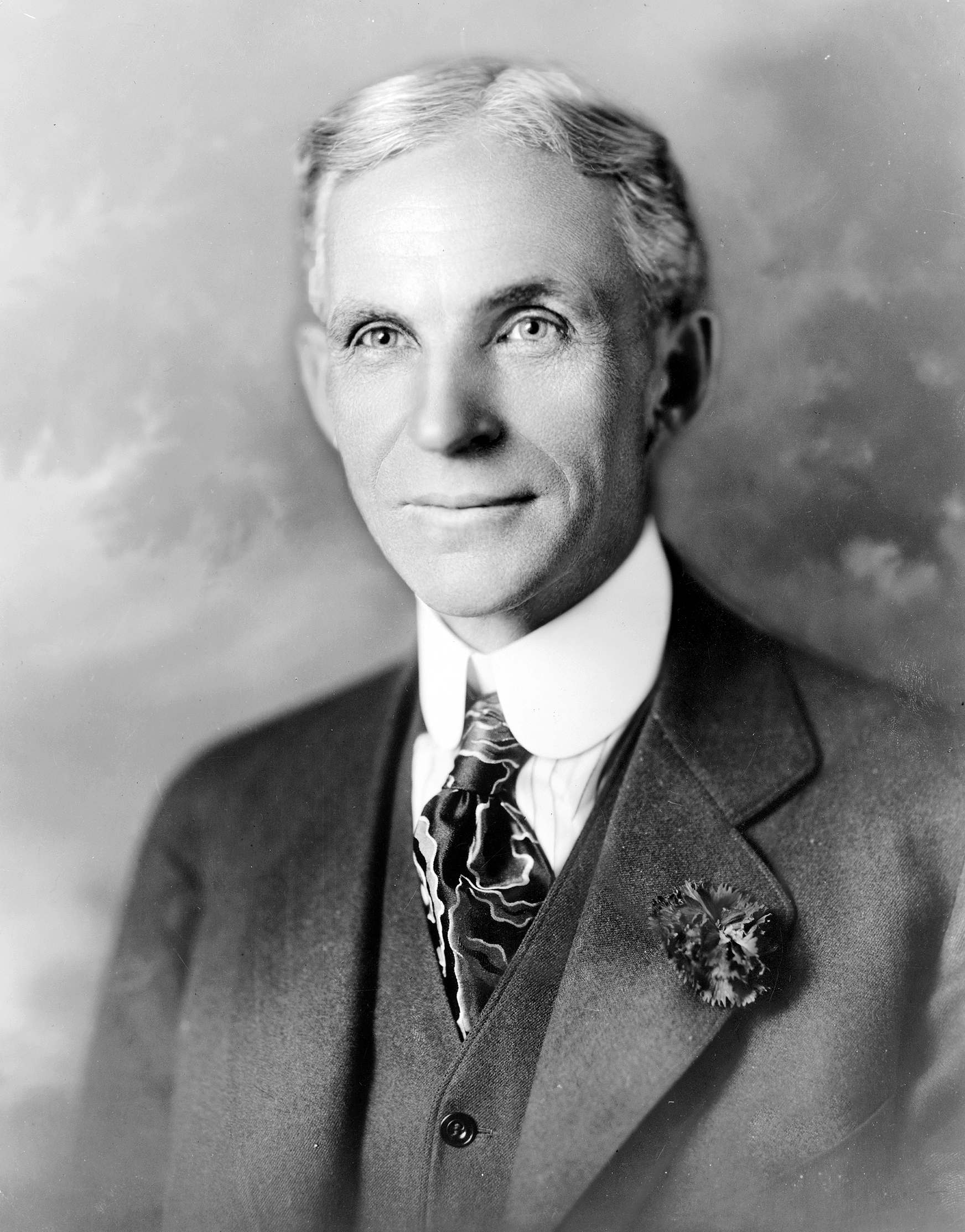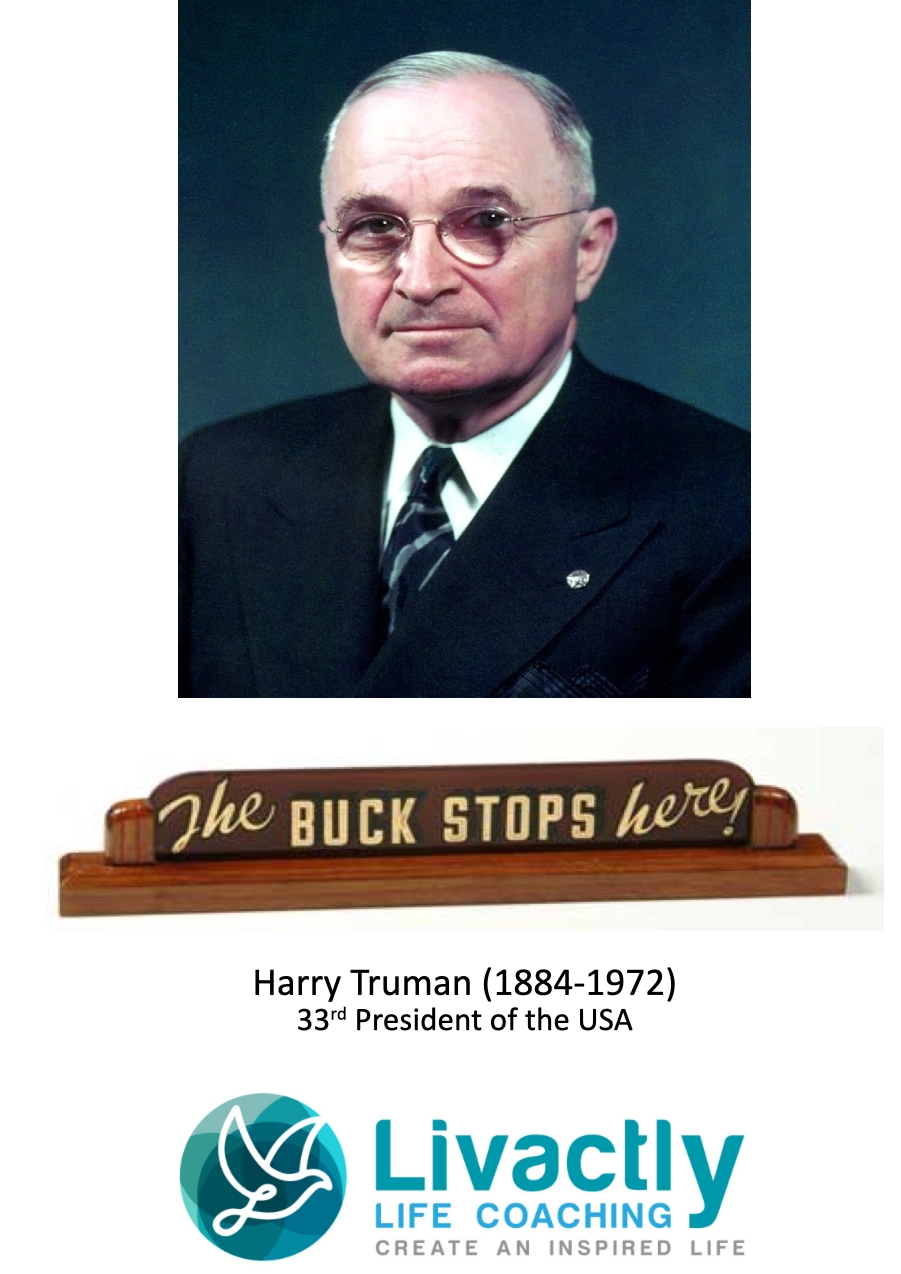
Have you ever wondered what it would be like to be a leader? If you have a job, you will know who your leaders are. You might even be in a similar position yourself.
According to Napoleon Hill, in the book Think and Grow Rich, there are two types of people.
These are namely, leaders and followers. It’s up to us which one we decide to be.
However, the difference in compensation (i.e. pay) is vast.

Napoleon Hill
It is important to know that there are two types of leadership.
The first is the co-operative kind. The second is by using force, as in an army or other militant group.
Whilst the second type can also be successful, it does not endure because it comes about by force, not by consent.
The exception to this is when a soldier is promoted by merit that includes those leadership skills.
What is the goal or role of a leader?
Chris Haggerty, a management consultant from the west coast of the USA, says that
‘The goal of most leaders is to get people to think highly of them as a leader. But the real goal of a leader is to get people to think highly of themselves’
How much do real leaders get paid?
Real leaders get paid what they’re worth, not what they expect. And if they are good leaders, they get paid a lot. Bad leaders usually disappear from the landscape before too long.

Here are some attributes of a good leader:
1. A good leader knows when to lead, and when to intelligently follow.
There are occasions when it's not appropriate to lead, and when it is appropriate to lead.
A good leader knows the difference and acts accordingly.
2. Unwavering courage and confidence.
Leaders have self confidence that radiates forth to others, who in turn are given courage.
3. The ability to lead oneself.
If you can’t control yourself, then you’ll never be able to lead others.
Not only that but you will lose self respect as well as the respect of others.
It is often said that leadership is not the ability to control others, but the ability to command respect from others.
4. A keen sense of what is just.
If a leader does not act in a just manner, he will lose the respect of others.

Henry Ford
5. Decisiveness.
A true leader makes decisions quickly and changes them slowly.
This is true of people such as Henry Ford. There is an anecdote shared by Napoleon Hill in 'Think and Grow Rich'. According to the story, Henry Ford decided to make the famous Model T quickly, but took a very long time to mothball it - well after all his subordinates had decided to do so.
Any person who dithers or acts indecisively does not earn respect from those he leads, and will lose those followers.
6. A true leader has a plan, and it is a definite one at that.
Any attempt at guesswork will most likely fail. However, sometimes the leader needs to move forward by intuition.
In this case, he needs to be aware of the risks and to be able to counteract any negative consequences that may arise.
7. A true leader gives far more that what he receives.
He is not obsessed with how much he can get, but on how much more he can give.

8. A great leader has a great attitude.
This can be experienced as a pleasing personality. Followers do not follow crotchety and sullen or volatile people.
They follow someone who is kind and considerate. Of course, attitude is more than a pleasant personality.
It includes all the attributes discussed above as well as those to come below. For more on attitude, read this post.
9. A good leader is empathetic
Similar to the above, people follow leaders that are empathetic and interested in their problems.
10. Leaders have full comprehension of their role.
Anyone who is placed in a leadership position and who does not know what their role is, will most certainly fail as a leader.
11. Willingness to take responsibility.
Anyone in a leadership role has to take responsibility for outcomes, both good or bad.
This is exemplified by the US president Harry Truman (1884-1972; President from 1945-1953), who is said to have had a sign on his desk saying ‘The Buck Stops Here’

11. A true leader engenders co-operation between himself and within his team.
A team cannot function successfully without co-operation, and a team leader must work actively to stimulate it.
Looking at the 11 attributes above, the question remains for you: Are you a leader or a follower, or both?
